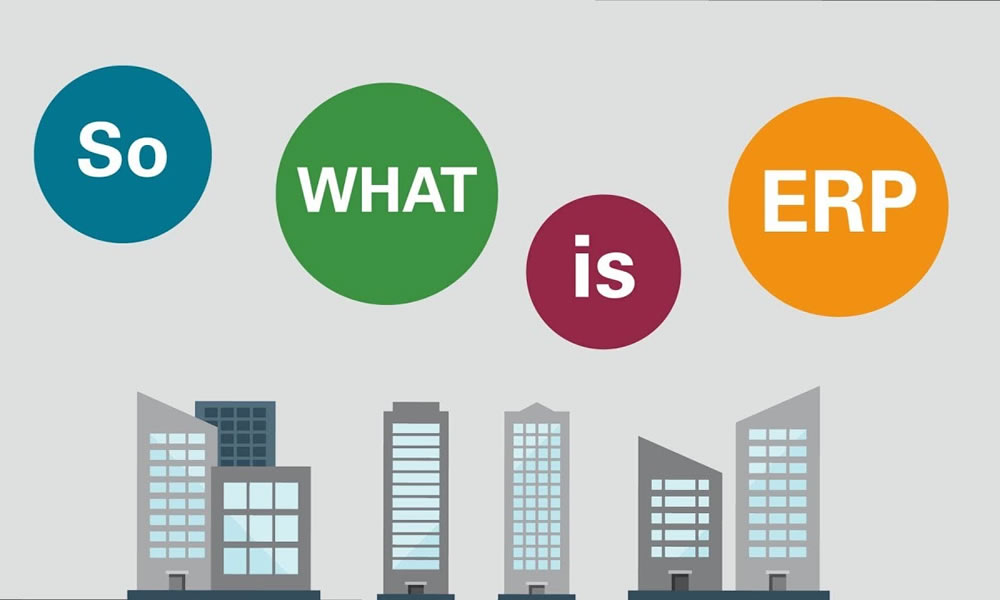
Introduction
It is now a widely accepted view that the whole of Africa is opening up for business with promising opportunities not only for expansion of multinational enterprise (MNEs) activity, but also for development of fast internationalizing African small and medium-sized enterprises (see Allafrica, 2018). In tandem with the launch of the “Africa Open for Business Forum” is a host of countries including Sierra Leone and South Africa launching their own “Open for Business” initiatives to exemplify the growing importance of projecting an outward-looking continent and national economies (see Allafrica, 2018; Thomas, 2018). Although Africa continues to trade with traditional trading partners of Western Europe and North America, intra-Africa trade is now growing and trading activities with BRIC emerging market nations is increasing. There is a push towards intra-Africa free trade zone that has the potential to transform African economies by creating a “single continental market for goods and services” through elimination of import/export taxes and tariffs. The goal is to increase intra-Africa trading activity, which currently stands at a mere 18% (Economist, 2018; World Economic Forum, 2018).
Despite major institutional weaknesses infrastructural challenges, Africa’s GDP is projected to hit USD 29 trillion by 2050, making Africa one of the world's fastest growing economies. Given Africa’s projected average growth rate of 3.4 % in 2017, which is expected to increase to 4.3 % in 2018 (African Development Bank, 2017), and with rapidly growing middle-income consumer segments, along with a growing potential for infrastructural advancement, Africa is likely to remain a fruitful location for international business (IB) activity. The increasing growth of African markets may be attributed to a variety of factors; however, dominant among these is the increased financial inflows estimated at USD 180 billion from Greenfield investments from emerging markets, and growing remittances from Africans in the diaspora. The growing inflows of foreign investments coupled with increasing domestic private sector investments, entrepreneurial zeal, emergence of a rapidly growing middle-income consumer markets, vast natural resources and now a free trade zone reflects the dynamism of contemporary African markets (Boso et al., 2018; Mol et al., 2017).
Against this background of resurgent Africa (Amankwah-Amoah et al. 2018), we contend that future progress is more likely to be predicated on not just attracting foreign firms and investments to the continent but also creating the institutional settings that allow innovation, creativity and entrepreneurship to flourish while also taking advantage of the rapidly growing middle-income markets on the continent. Below, we discuss how the changing business landscape in Africa may serve as a fertile ground for advancing IB research.



